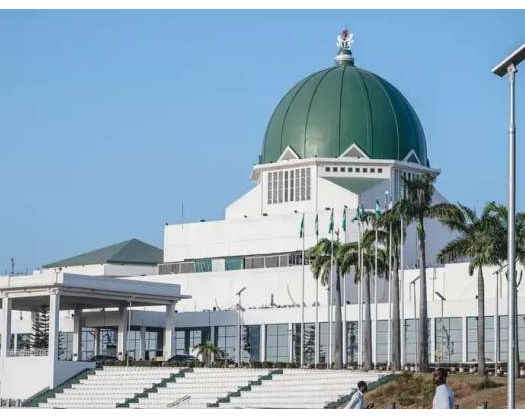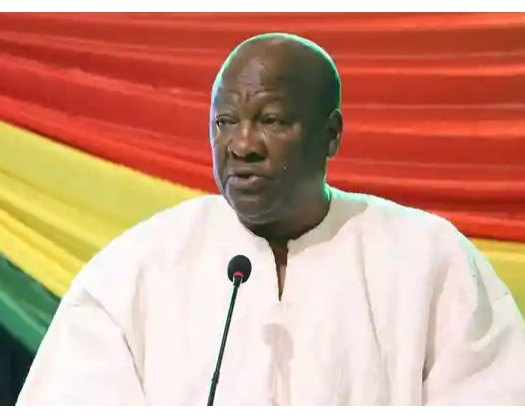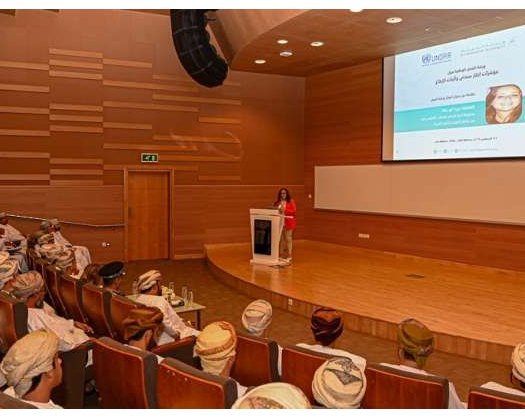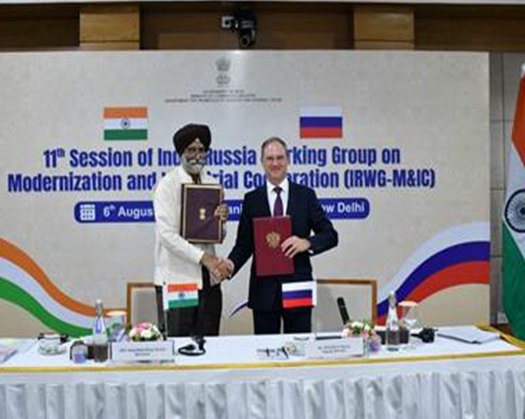Abuja: Women account for about half of Nigeria's population, yet they are virtually nonexistent in government. The country's Senate only has four female members, while 109 are male. In the House of Representatives, just 16 of the 360 seats are held by women. Even more amazing is the fact that all of Nigeria's 36 governors are men.
Gender equality campaigners and civil society organisations are now supporting new legislation known as the Reserved Seat for Women bill, which might bring change by reserving a certain amount of seats for women in federal and state legislatures.
Only 4. 3% of Nigeria's national legislators are women. That is not representation; it is exclusion, according to Osasu Igbinedion Ogwuche, a gender rights campaigner in Nigeria's capital, Abuja, who is pushing for the bill's adoption.
According to Ogwuche, the current political environment in Nigeria does not encourage women's involvement in politics and government because it is biased from the start, but the new legislation will enable more women to run for public office.
Reserving seats for women, particularly those with disabilities, is a significant step toward encouraging diversity and representation, which are now absent in Nigeria, according to Angelina Ugben, another supporter of the proposal.
Proponents of the measure believe it might help Nigeria transition to a more inclusive government. Ogwuche feels that greater female involvement in governance might result in better regulations and a more stable economy.
Rwanda has outperformed Nigeria in gender equality and has achieved higher economic results, she stated. We have a healthcare emergency today, as well as an education crisis. She believes that having more women in leadership might help to ameliorate these issues.
It is critical that we encourage women to participate right now. When women rise, countries flourish.
Advertisement
Nigeria ranks low in terms of female representation.
According to the Inter-Parliamentary Union, a Paris-based global body of national parliaments, Nigeria is ranked 179 out of 183 nations.
Despite being Africa's most populated country, it has the lowest proportion of women in national legislatures worldwide.
You cannot claim to be a democracy when half of the population is absent from the table, Hamzat Lawal, a civil society coordinator and election observer, told DW.
He stated that it was not unexpected that Nigeria was in its current situation since women had not played a significant role in social and political progress. We require this measure. The bill provides women with equal opportunities.
Analysts like Ogwuche concur that women are structurally barred from the political process.
She said that the party structure prevents women from winning, adding that even when female candidates win the ticket, it is given to a male colleague or someone with more political clout, despite the fact that voters desire women to represent them.
They are excluded from the primary election, and even the rare few that make it to the general election are defeated, bulldozed, and pushed aside so that the male candidates of the ruling political party, or whoever has the most thugs or muscles, can win the election.
More female role models are required.
Nigeria is home to notable women such as Amina Mohammed, the current Deputy Secretary General of the United Nations, renowned author Chimamanda Ngozi Adichie, and Ngozi OkonjoIweala, the director-general of the World Trade Organization. However, it lags behind in the political realm.
Supporters of the measure contend that providing women with chances in administration is more than just representation. It is about making society more equal and just. How can we address difficult challenges such as insecurity, unemployment, and crumbling infrastructure if we exclude half the population from decision-making?
This measure has the potential to magnify the voices of women who are frequently marginalized and excluded from decision-making. So, by reserving these spots, we can guarantee that women have a platform to showcase their accomplishments, prospects, and experiences.
Civil society organizations are pressing for quick action, claiming that passing the law would not only bring Nigeria into compliance with global democratic principles, but might also encourage a new generation of women to participate in leadership at all levels, from local government councils to the presidency.










